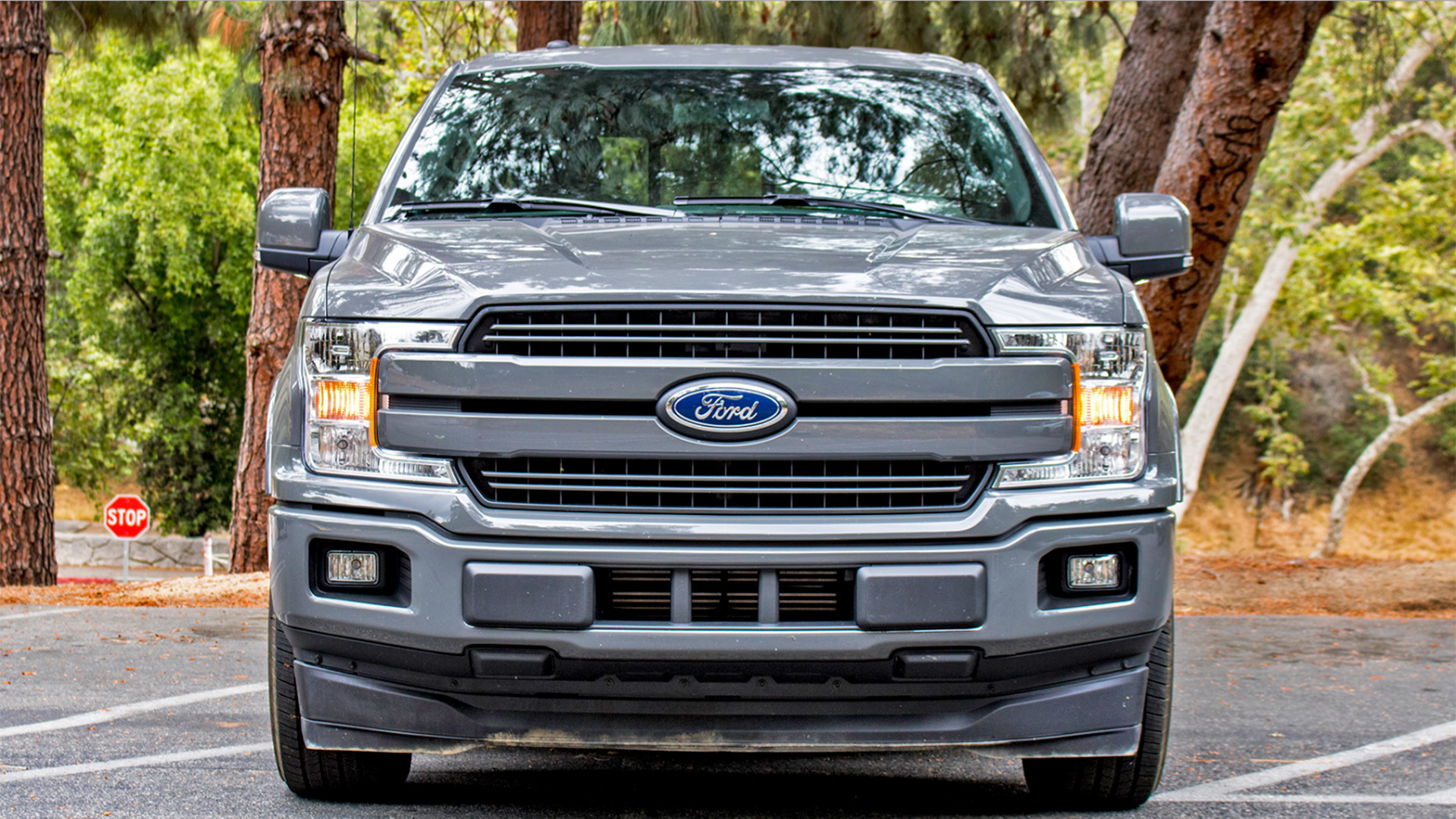

Ford has reported its sales figures for June, as well the first half of 2018, and the big takeaway from the stats is that the F-Series has had its 14th consecutive month of increasing sales. In fact, Ford sold more than 100,000 trucks in June alone. This is playing into Ford’s plan of discontinuing any U.S. model that’s not a pickup, van, SUV, crossover, or Mustang, at least for the time being.
Sales for the Ford and Lincoln brands for the past six months have been tallied up to 1,277,691 vehicles, a 1.8 percent drop compared to last June. Of those sales, Lincoln accounts for 50,269 vehicles, which is 10.8 percent under the 2017 figures. Further affirming Ford’s grudge against sedans is the fact that this decrease can mostly be attributed to poor sales of the Focus, Fusion, and C-Max.
Despite its imminent demise, demand for the compact Fiesta is still holding steady with a 3.2 percent increase in sales over last year. Still, the 25,359 Fiestas sold over the past six months are paltry compared to the 451,138 examples of F-Series trucks. A 4.9 percent drop in Mustang sales also suggests that customer interest in the sixth-generation model may have already reached its plateau. Overall, 42,428 sales were made across the Mustang lineup, and nearly half of those were in four-cylinder Ecoboost trim.
Over on the Lincoln side, numbers are down across the board, with one notable exception: the Navigator. While Lincoln’s revived Continental nameplate had slow sales from the get-go, the new Navigator has been a runaway hit for the brand. The brand has sold 9,115 Navigators for 2018, which is a dramatic 82.4 percent increase from last year, accounting for nearly one-fifth of all Lincoln sales. The Continental sedan, on the other hand, has sold 28.3 percent fewer examples in its second year of production, for a total of 4,478.
Aside from waning interest in sedans, Ford has also chosen to focus on building trucks and SUVs because it can get a higher profit margin on larger vehicles with more expensive options. Going into 2019, the discontinuation of smaller cars will probably nudge sales closer to the numbers that Ford wants, as long as we don’t see a spike in fuel prices.